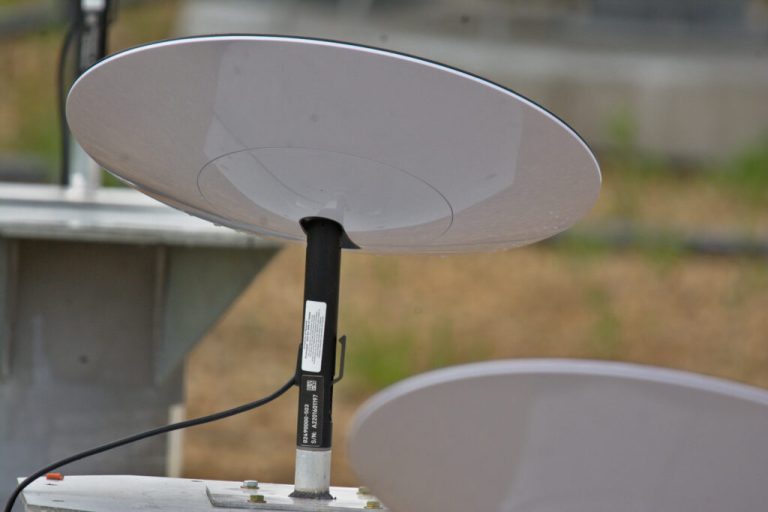Kenya’s internet landscape is heating up, and Starlink is at the center of it. Since launching in June 2023, Elon Musk’s satellite internet service has grown by over 1,000% in Kenya, serving more than 8,500 users as of December 2024. Offering low-cost, high-speed internet across Kenya, Starlink has disrupted the dominance of Safaricom, the country’s largest ISP.
But a new regulatory proposal by the Communications Authority (CA) of Kenya could change the game, and not necessarily for the better.
Advertisement – Continue reading below
Starlink’s Disruption and Safaricom’s Counterpunch
Starlink’s arrival has been nothing short of transformative for many Kenyans, both in urban, rural and underserved areas where Safaricom’s extensive fiber network hasn’t reached. With its promise of faster speeds and competitive pricing, Starlink has sparked a fierce price and service battle. Safaricom responded by doubling the speeds of its fiber packages, a move aimed squarely at retaining its 350,000 fixed-internet customers.
But the battle hasn’t stayed in the marketplace. In July 2024, Safaricom petitioned the CA to block satellite ISPs with operations in other countries, arguing that their presence undermines local businesses. While that request was denied, the CA’s latest licensing proposal might achieve a similar result indirectly.
Related posts:
– Starlink in Kenya: How Much Does it Cost? How do I Sign Up? Here’s All You Need to Know
– How to get Starlink in Nigeria
– Breaking Barriers: Safaricom’s Bold Plan for Satellite Data Services
The Proposed Regulation: A Double-Edged Sword
According to a new proposal(PDF) we just read, the CA is planning to introduce a unified Landing Rights Licence for satellite ISPs like Starlink. The new license merges existing Satellite Landing Rights and Submarine Cable Landing Rights categories into a single framework. While this aims to simplify licensing and align with the government’s push for technology neutrality, it comes with hefty fees.
The Landing Rights Licence will require an initial fee of KShs. 15 million and annual operating fees of KShs. 4 million or 0.4% of annual gross turnover—whichever is higher. These costs could be significant, especially for satellite ISPs with lower margins or in the early stages of market penetration.
For Starlink, which has built its appeal on affordable, high-speed internet, this could lead to increased prices for consumers. While the company’s global infrastructure allows it to absorb some costs, there is no doubt the additional fees are likely to be passed down to Kenyan users.
Advertisement – Continue reading below
Unintended Consequences for Consumers and Smaller ISPs
While the new framework promises a level playing field, it risks tilting the balance in favor of established players like Safaricom. Here’s how:
- Higher Costs for Consumers
The higher fees could force Starlink and other satellite ISPs to raise prices, making their once-affordable plans less competitive. For many Kenyans who flocked to Starlink for its value proposition, this could mean fewer choices and higher monthly bills. - Barrier to Entry for Smaller ISPs
The proposal introduces new tiers, including an NFP-T4 license for localized operations. While intended to encourage smaller players, the combined cost of this license and an ASP license could deter startups from entering the market. - Reduced Competition
Safaricom, with its vast resources and established fiber infrastructure, stands to benefit from the financial strain placed on new entrants. If satellite ISPs like Starlink are forced to scale back or pass costs to consumers, Safaricom’s dominance could be further entrenched.
What’s at Stake?
Kenya’s digital future hinges on connectivity, competition, and affordability. Starlink’s entry has already shown the transformative power of competition, pushing Safaricom to innovate and lower prices. However, the CA’s proposals risk reversing these gains.
For consumers, higher costs could make quality internet less accessible. For smaller ISPs, the financial barriers could stifle innovation and market diversity. And for Safaricom, the proposals could hand the telco a regulatory lifeline to maintain its lead, even as satellite ISPs prove there’s room for more players in the market.
Discover more from Dignited
Subscribe to get the latest posts sent to your email.
